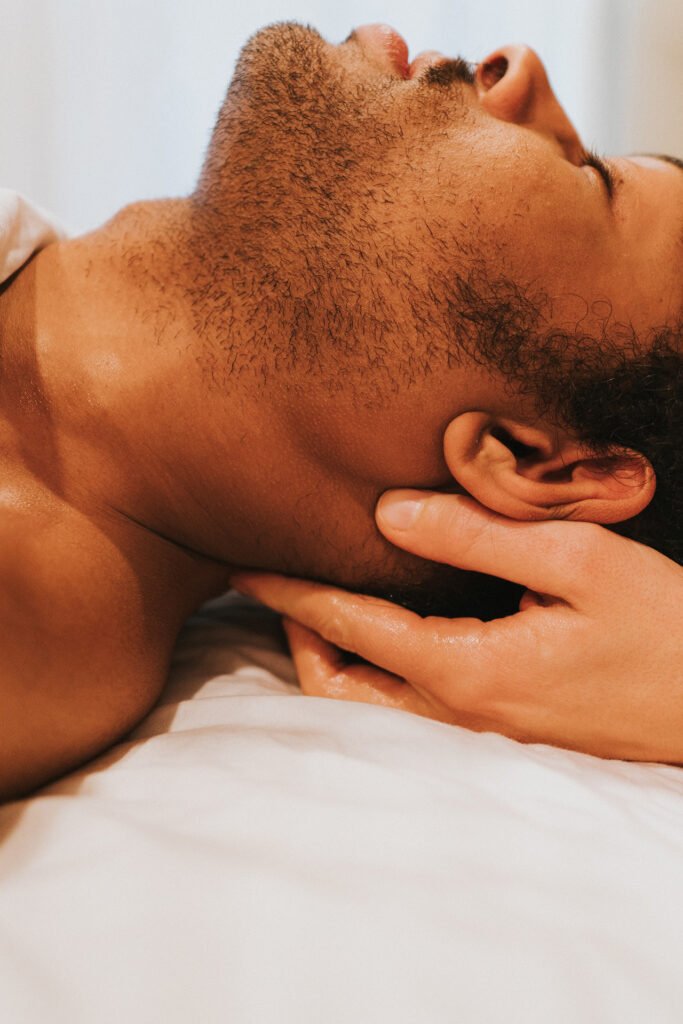Are you suffering with dizziness?
A research study found 1 in 3 people aged 40 years and 85% of people aged 80 years and over are suffering from vestibular balance problems, so you’re not alone.
Unfortunately research in the UK found that patients had to wait nearly two years (on average 90+ weeks, range – 14 to 202 weeks) for the diagnosis and treatment of their BPPV.
This can and does lead to over 80% of people with vestibular disorders experiencing significant impacts on their daily activities causing distress and time off work.
If you delay seeking a diagnosis and treatment of BPPV and other causes of dizziness it is likely to have negative impacts on both your life and of your family and friends. BPPV patients are unnecessarily tested with CT and MRI and treated with vestibular medications, which are not indicated and can lead to suppressing central compensation of the balance process and masking symptoms, also causing cognitive dysfunction.



